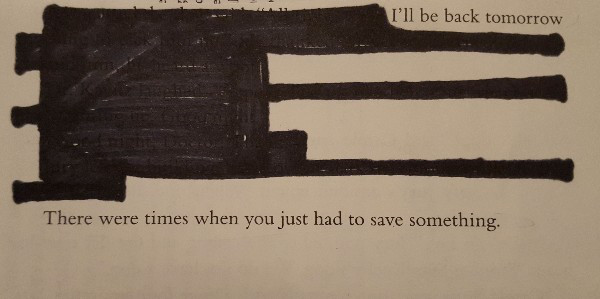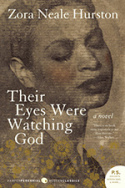Download links for: What Makes Your Brain Happy and Why You Should Do the Opposite


Reviews (see all)
Write review
Interesting enough that I actually stopped and started over so I could highlight as I read.
One of the easiest psychology books I've ever read.
very disorganized
152.42 D63W 2011
Other books by Nonfiction
Other books by David DiSalvo
Related articles












